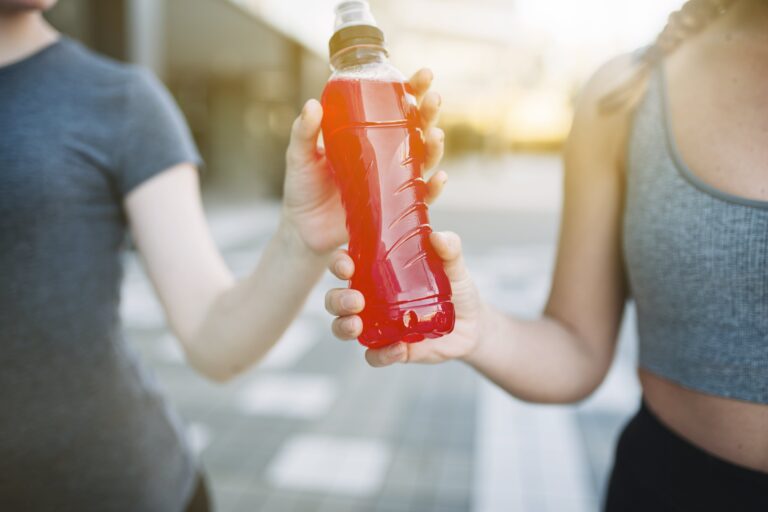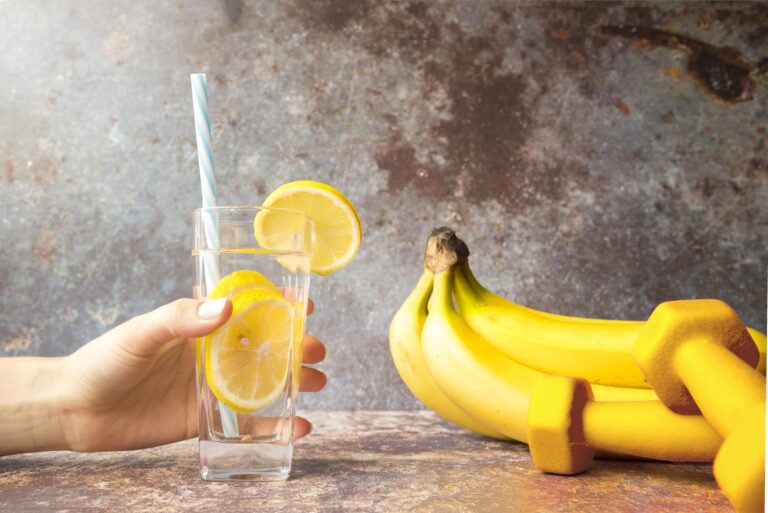
Staying hydrated isn’t just about drinking water – it’s also about maintaining the right balance of electrolytes. The importance of electrolytes can’t be overstated, as these essential minerals are crucial for your health, particularly during hot weather or intense workouts. But why exactly do electrolytes matter, and what happens when their levels drop too low? Let’s dive into why electrolytes are so vital and how you can keep them in check for optimal health.
What Exactly Are Electrolytes, and Why Do They Matter?
Electrolytes are minerals in your body that carry an electric charge. They include sodium, potassium, calcium, magnesium, and chloride, each playing a crucial role in various bodily functions. These minerals help regulate muscle function, nerve signaling, fluid balance, and even your heart’s rhythm. Simply put, electrolytes keep your body functioning smoothly.

How Do Electrolytes Relate to Hydration?
Electrolytes and hydration go hand in hand. Drinking water is super important, but without the right amount of electrolytes, your body may not retain that water in the way it should. Electrolytes help control fluid balance in cells, meaning they determine how much water your body holds onto or releases.
During hot months, your body sweats more to cool itself, which leads to faster fluid and electrolyte loss. If you only replace lost water without replacing electrolytes, you risk further diluting the remaining electrolytes in your body, which can lead to an imbalance.
If you don’t keep taking in sodium along with water, symptoms like headaches, nausea, or muscle cramps may materialize. This is why electrolyte-rich beverages or foods can be perfect after intense exercise or on a hot day—they help your body reabsorb and use water efficiently.
How Can You Replenish Electrolytes Naturally?
The good news is that you don’t always need special supplements to replenish electrolytes. Many foods are rich in these essential minerals and can help you maintain balance:
- Potassium: Bananas, avocados, and sweet potatoes are great sources of potassium, which helps regulate muscle and nerve function.
- Sodium: This is usually easy to get from regular meals. However, on very hot days or after heavy sweating, a small amount of salt in food or drinks can help balance sodium levels.
- Calcium: Dairy products, leafy greens, and fortified plant milks are good sources of calcium, which supports muscle contractions and bone health.
Sports drinks can be a handy way to quickly restore electrolytes after a workout, but it’s important to watch out for added sugars. For a more natural option, try coconut water—it’s packed with potassium, magnesium, and sodium while containing less sugar than most sports drinks. You can even make your own hydration drink by adding a pinch of salt and a squeeze of lemon to plain water, keeping it simple and effective. Embrace the importance of electrolytes with healthier choices!
When Do You Need to Pay Extra Attention to Electrolytes?
Knowing when to replenish electrolytes is key. Here are some situations where it’s especially important:
- During Hot Weather: High temperatures increase your body’s sweat production, meaning you lose more electrolytes more quickly.
- While Exercising: During intense or long workouts, your body can lose a significant amount of electrolytes, especially if you’re sweating heavily.
- After Illness: If you’ve had a fever, vomiting, or diarrhea, your electrolyte levels may drop. Rehydrating with electrolytes is crucial for proper rejuvenation.

What Are the Long-Term Benefits of Maintaining Proper Electrolyte Balance?
Staying on top of your electrolyte levels doesn’t just prevent immediate discomfort—it can also support your long-term health. Balanced electrolytes help ensure steady energy levels, mental clarity, strong muscles, and a well-functioning heart.
Electrolytes are an incredibly important part of your body’s hydration and overall health. While it’s easy to overlook these small minerals, they play big roles in keeping you feeling and working well, particularly during the hotter months or periods of physical exertion. You can keep electrolyte levels steady, support your body’s needs, and prevent many common health issues tied to electrolyte imbalance by paying attention to your diet and hydration.
The next time you reach for a bottle of water, think about how you’re replenishing your electrolytes as well! By maintaining the right balance, you’re not just staying hydrated – you’re giving your body the support it needs for optimal health and performance. Embrace the importance of electrolytes to keep feeling your best!


